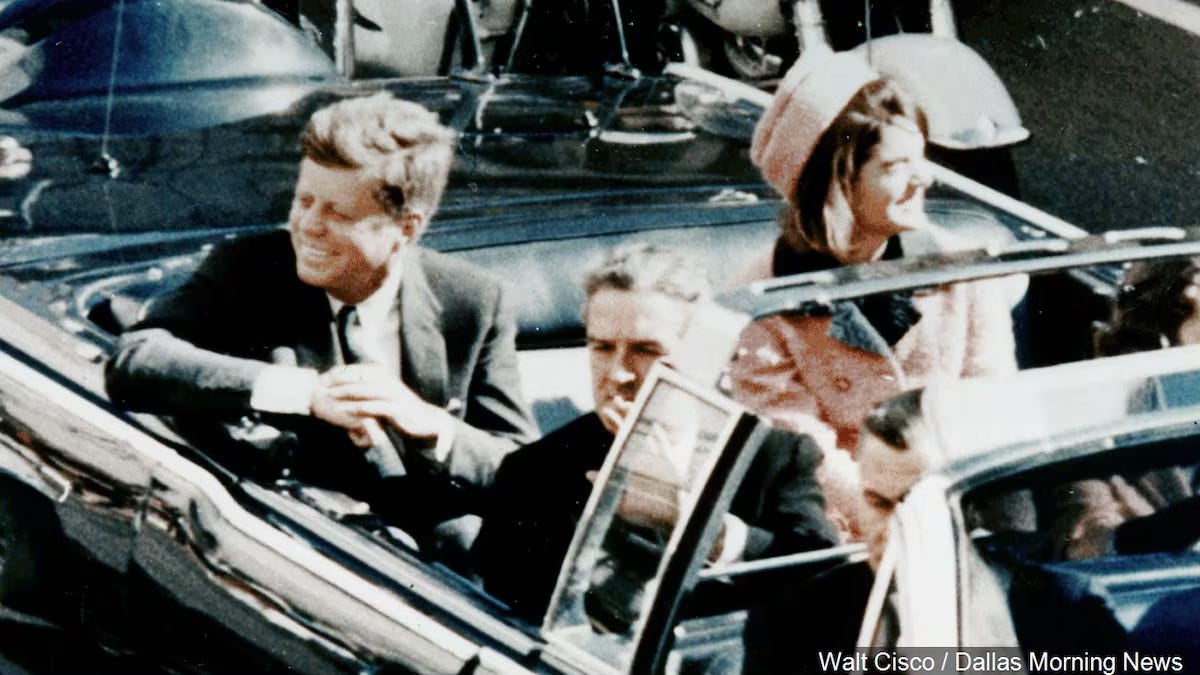The Washington Post Runs Two Corrections on its CIA-JFK Story—And Still Doesn't Get it Right
The capital’s paper of record only partially claws back a conspiracy monger’s baseless allegations of CIA "involvement" in the murder of President Kennedy.
Last week The Washington Post chose the front page of its print edition to trumpet what purported to be a major new discovery in the murder of President John F. Kennedy in Dallas, Texas, in November 1963: that the Central Intelligence Agency had a “connection with JFK’s assassin,” Lee Harvey Oswald. The story virtually implicated the CIA in Kennedy’s murder—a venerable trope among many fringe assassination researchers.
The story, by Post criminal justice reporter, Tom Jackman, claimed that "new documents" declassified by the Trump administration revealed how a shadowy CIA covert officer oversaw an "operation" that "interacted" with Oswald before the assassination, raising “further questions about the agency’s awareness— or involvement in—the plot to murder the president.”
It was an astonishing, even bone-chilling claim, one that certainly deserved such prominent placement and implicit endorsement by The Post—had it been true. But it was entirely false. On closer examination, the story turned out to be an unfiltered, unchecked transmission of willful document misinterpretations purveyed by a longtime JFK murder conspiracies peddler.






